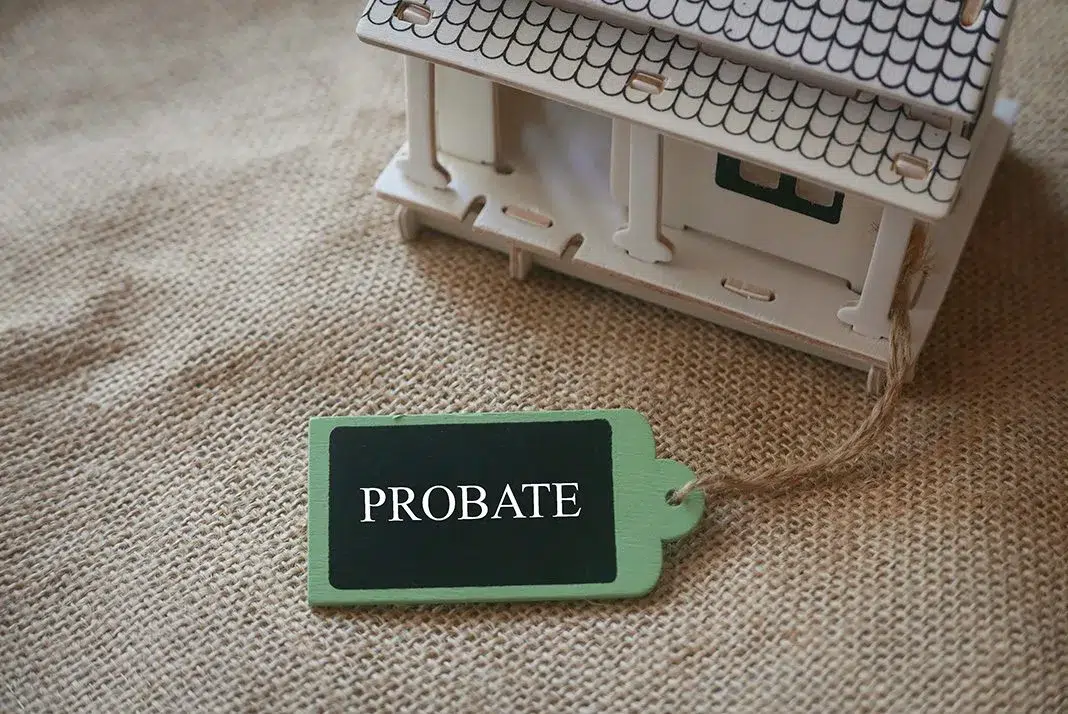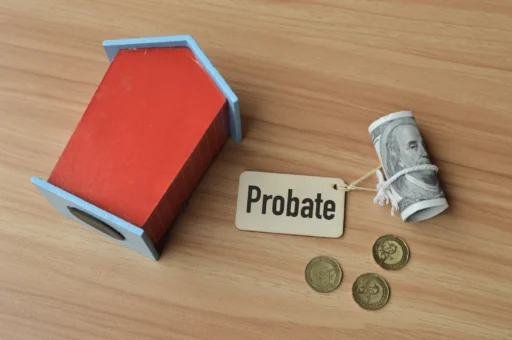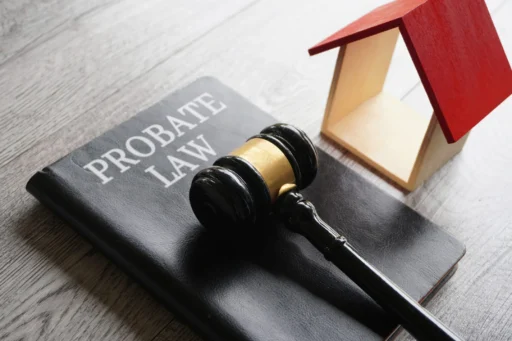What Happens During Probate and How Long Does It Take?
After a loved one passes away, you face both emotional loss and new legal duties. Probate is the process that settles their affairs by paying debts, filing taxes, and transferring property to heirs. Understanding each stage helps you stay organized and reduce stress during an already difficult time.
Understanding Probate
Probate is a court-supervised process that ensures all debts and taxes are paid before assets are distributed. If the deceased left a valid will, the court confirms it and appoints the executor named in the document. When there’s no will, the court designates a personal representative, typically a close family member. You can learn more about probate requirements on the Arizona Judicial Branch Probate page, the Minnesota Judicial Branch Probate page, or the Wisconsin Court System Probate Center.
The First Few Days After Death
Take care of your emotional health first, then focus on a few key tasks. Secure the home, locate the will, and order several certified death certificates. These simple actions protect the estate and allow the executor to begin the legal process without setbacks.
Filing for Probate
Probate starts when the executor files the will and death certificate with the local court, usually within 30 days. Once the court approves the filing, the executor gains authority to manage the estate. They must contact banks, insurance companies, and other institutions, collect all assets, and ensure bills are paid on time. Meeting each court deadline keeps the process moving smoothly.
Inventory and Valuation
Within the first few months, the executor must prepare a complete inventory of the deceased’s property. This includes real estate, investments, bank accounts, vehicles, and personal belongings. Accurate valuation determines tax obligations and fair distribution among heirs. For larger or more complex estates, this step can take several months.
Handling Debts and Taxes
After inventorying assets, the executor must notify creditors and pay outstanding debts. Creditors typically have several months to file claims. The executor also files the final income and estate tax returns. The IRS Estate and Gift Taxes guide outlines federal filing rules, while each state applies its own tax laws. Working with a probate attorney helps ensure compliance at both levels.
Waiting for Creditor Claims
After sending notices, the executor must wait for the claim window to close before distributing assets. Acting too soon can create personal liability for unpaid debts. Although this waiting period feels slow, it protects the executor and the estate from future legal challenges.
Distribution and Closure
Once the court approves the executor’s report and all debts are cleared, remaining assets can be distributed to heirs. The executor files a final accounting, and the court issues an order closing the estate. This step formally ends probate and completes the legal transfer of property.
How Long Does Probate Take?
Most estates finish probate within nine to twelve months. However, large or contested estates can take longer. The timeline depends on the estate’s complexity, how quickly creditors respond, and whether disputes arise. Staying organized and seeking legal guidance helps avoid unnecessary delays.
Get Help Through the Probate Process
Probate doesn’t have to feel overwhelming. The attorneys at Metropolitan Law Group help families in Minnesota, Arizona, and Wisconsin manage probate efficiently and respectfully. Call 866-902-6148 or book a complimentary 15-minute Discovery Call today. Our experienced staff will guide you through every step and help you settle your loved one’s estate with confidence.




